Humanitarian perspective (South Sudan): “Saving lives requires safe water. Without water, there is no food; there is no life”
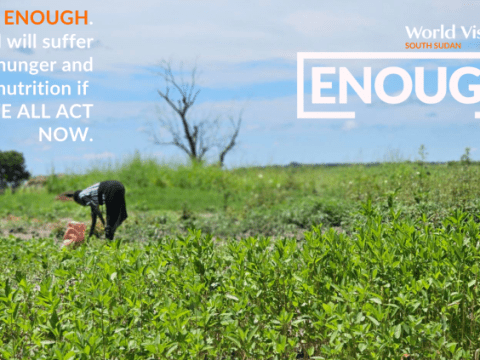
In this opinion-editorial piece, Steven Odongkara G. Buyu, World Vision South Sudan Water, Sanitation, and Hygiene Technical Manager, brings into sharp focus the importance of safe and clean water in humanitarian response and why taking sustainable and efficient water action is critical in addressing food insecurity, well-being, and protection concerns of the vulnerable people in South Sudan, and building a more resilient and self-sufficient future where no one is left behind.
In December last year, the humanitarian needs outlook for South Sudan in 2023 indicated that 9.4 million people, including 5 million children, would require immediate humanitarian assistance. The humanitarian situation continues to deteriorate with the influx of migrants – refugees and returnees – due to the ongoing conflict in Sudan and increasing funding gaps affecting the efficient delivery of humanitarian response. In addition, the food insecurity situation of the country is also looking dim, with over 6.6 million people experiencing high levels of acute food insecurity driven by economic decline, climactic shocks, and conflict.
How do these relate to water?
Water is essential for sustaining life and critical for crop production, food security, public health, sanitation and hygiene, and protection of vulnerable people, especially women and girls. However, millions worldwide lack access to safe water and adequate food, and the recent droughts, floods, and conflicts have only compounded the situation.
As the Water, Sanitation, and Hygiene (WASH) Technical Manager for World Vision, I have seen firsthand the shocking effects of water scarcity and food insecurity on vulnerable communities in South Sudan. As it stands, South Sudan faces multiple challenges in food, education, protection, health, and WASH. Hence, World Vision takes an integrated approach in all our emergency interventions.
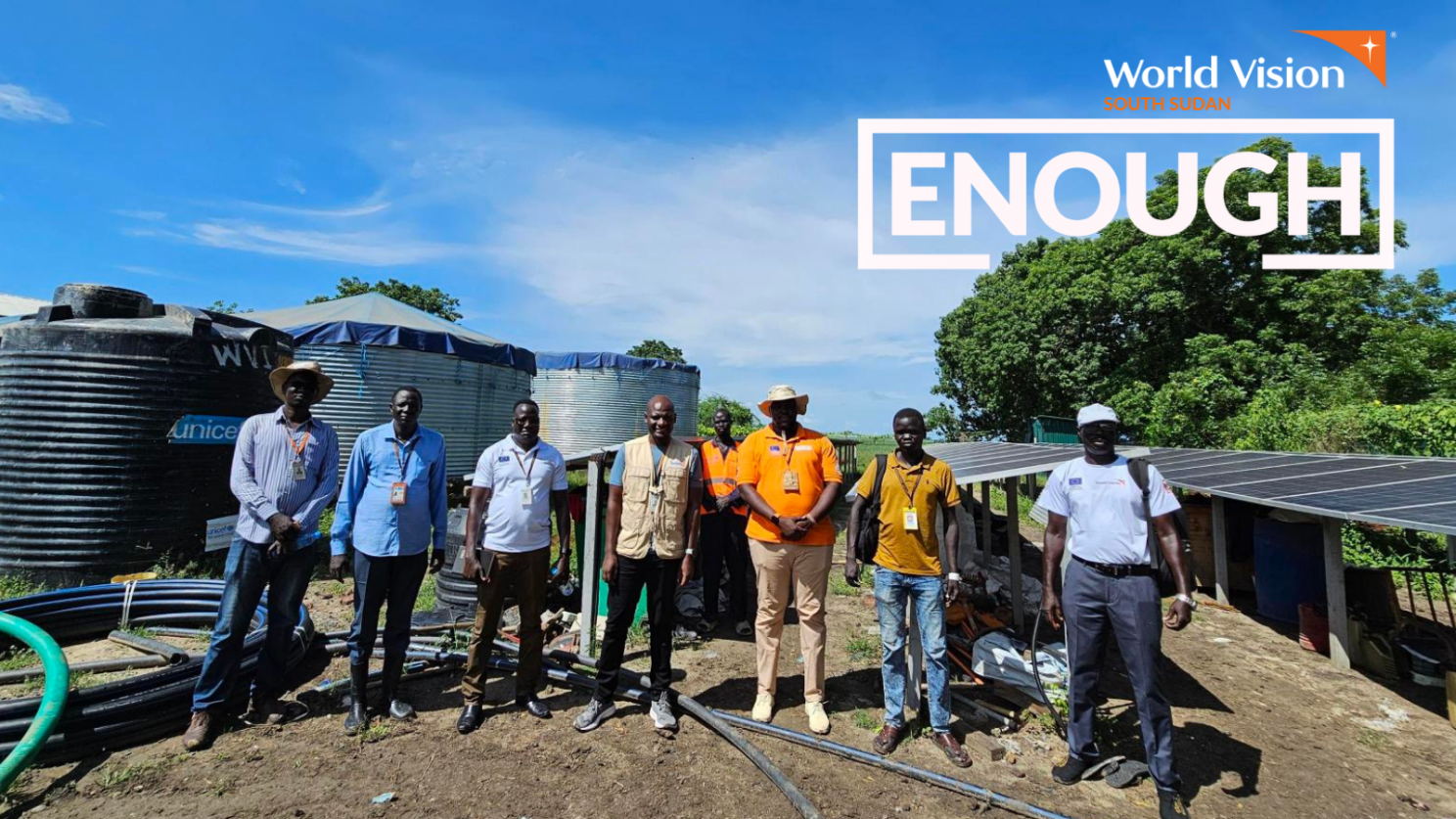
Through our food security program, we strive to address these challenges by providing integrated service to communities. We have drilled production boreholes and motorized them with solar-powered pumps, ensuring communities have a sustainable source of safe water for their crops, healthcare facilities, schools, and households.
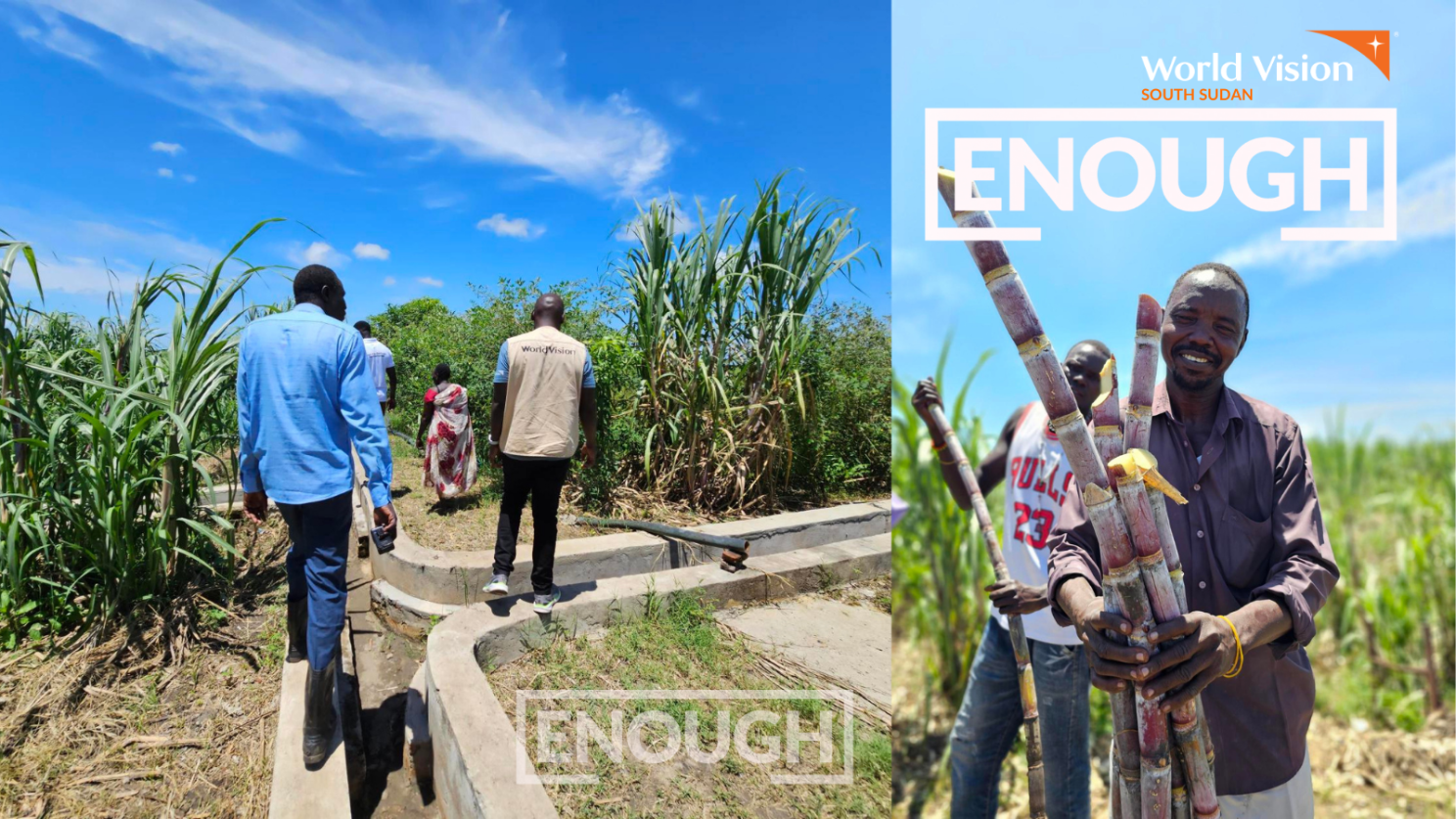
We have also supported communities to establish vegetable gardens and health facilities with drip irrigation services. They can produce vegetables in unreliable rainy seasons to supplement their nutrition needs and provide income for households and mothers to children at high risk of malnutrition.
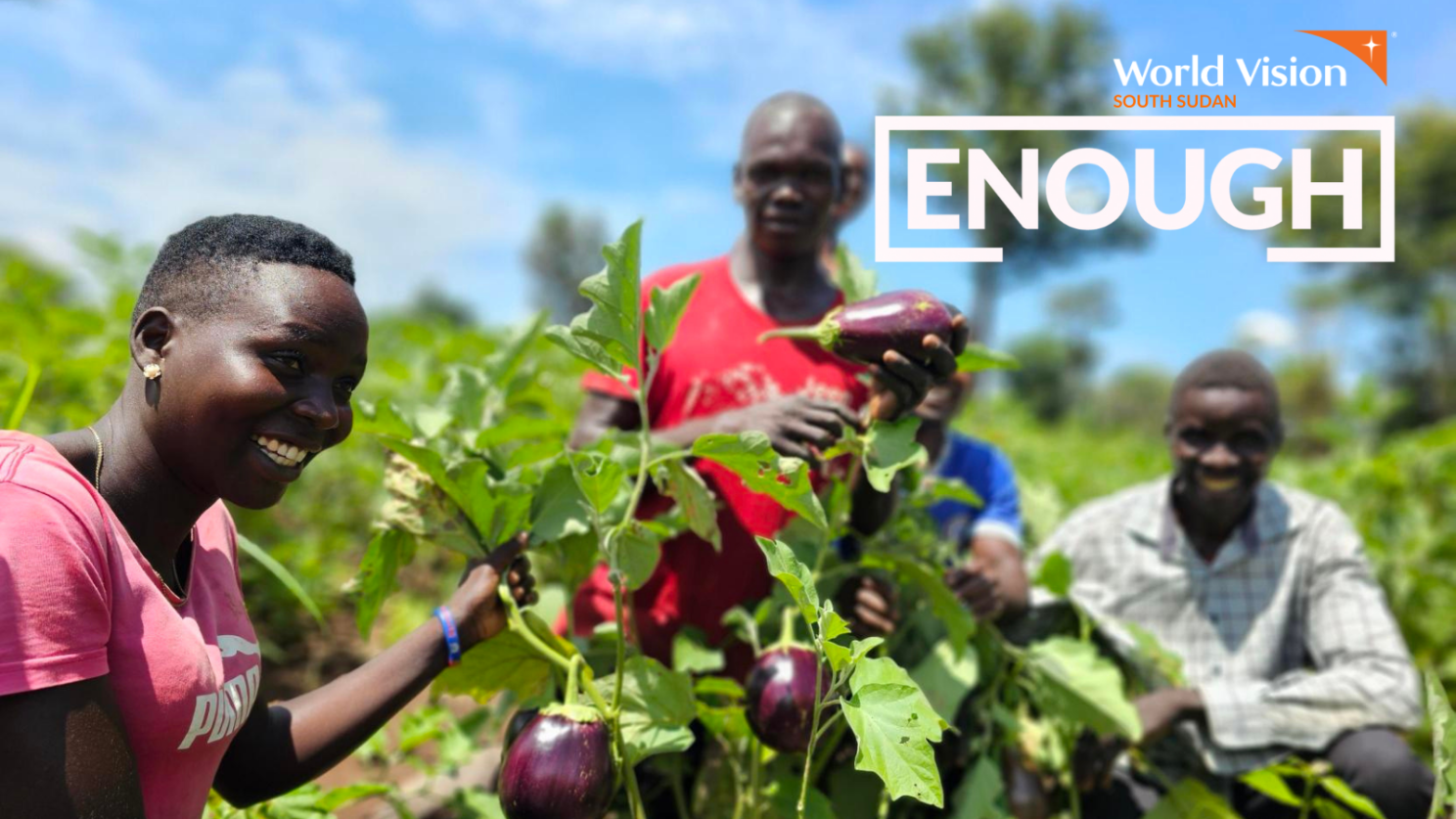
The impacts of our interventions have been life-saving and transformative, providing vulnerable communities with improved health outcomes, increased food and income security, and access to safe water and sanitation facilities. However, much work must be done to ensure everyone has access to water, sanitation, and hygiene services, which are fundamental human rights.
With my experience, I believe investment and support in initiatives addressing water scarcity and food insecurity are vital. We hope that the government, partners, and civil society will develop policies and frameworks that ensure sustainable water management practices and the equitable distribution of resources. Donors can also support humanitarian organizations like ours to continue providing life-saving and resilience-building interventions to vulnerable communities.
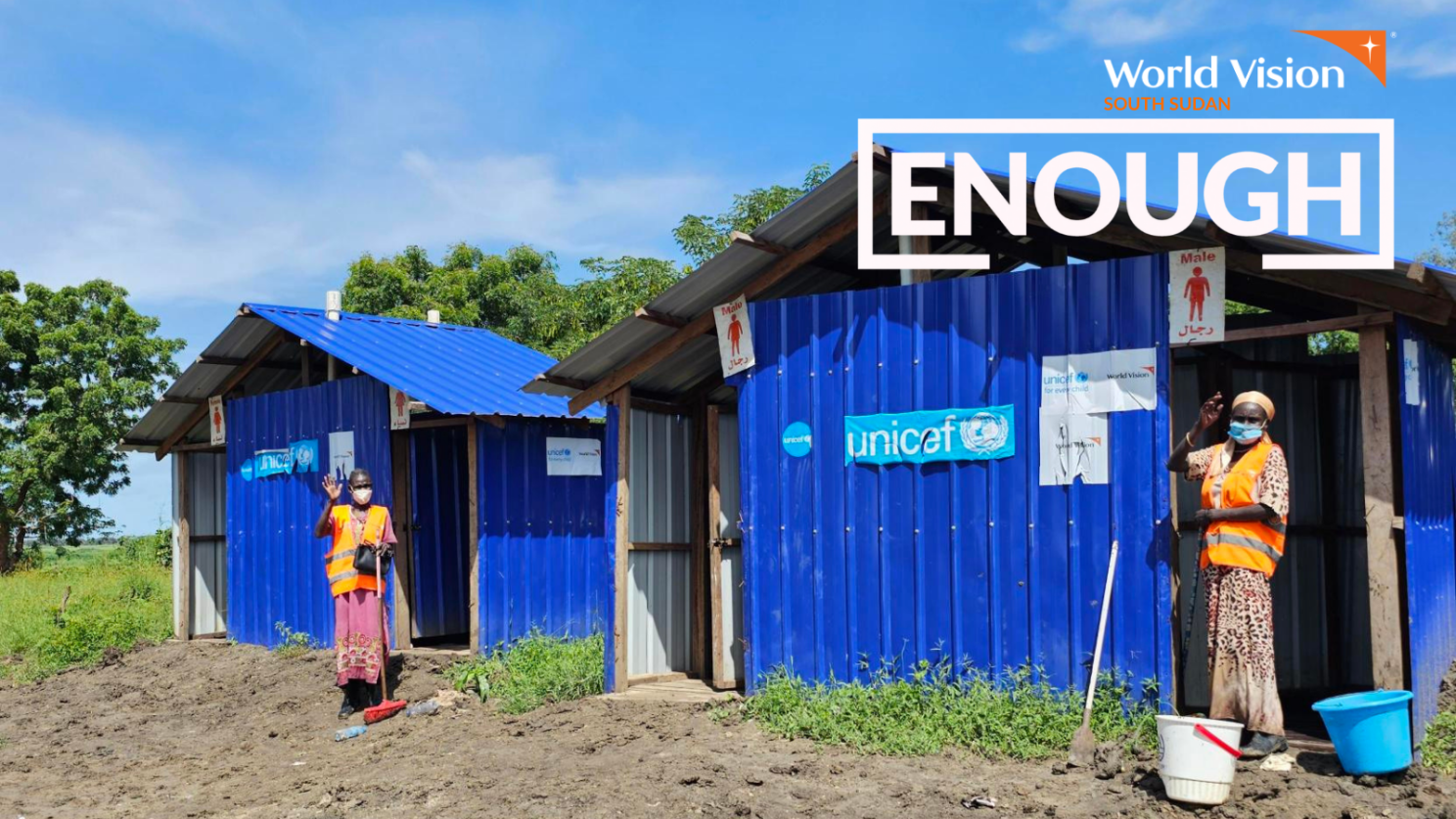
Reflecting on my experiences, I cannot emphasize enough the vital link between water for life, food production, health, and general well-being. Lacking access to or disrupting the link can have significant consequences on human health and even lead to loss of lives. A humanitarian crisis response is needed to save lives and improve human health outcomes in a country like South Sudan, where conflicts, economic crises, and natural disasters are rampant.
We’ve had ENOUGH. We must work together to leave no one behind to ensure food and safe water security for all. We need to take bolder collective action to safeguard enough water for people, production, and the planet.